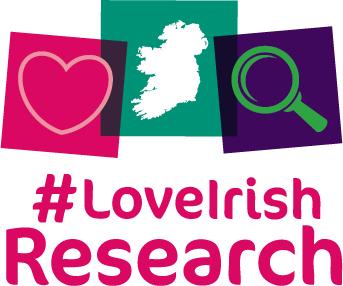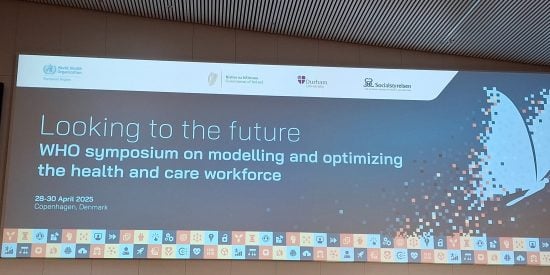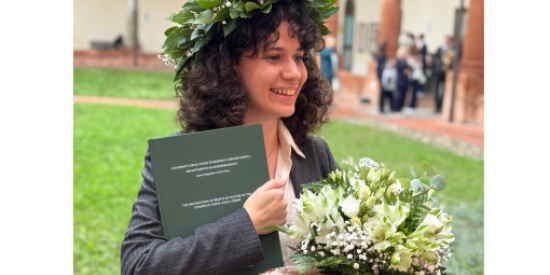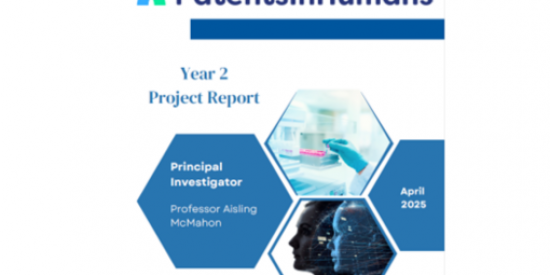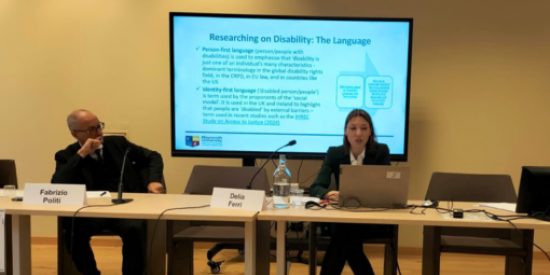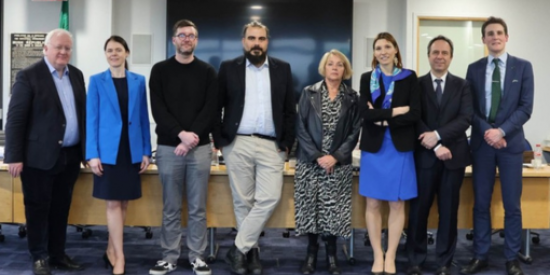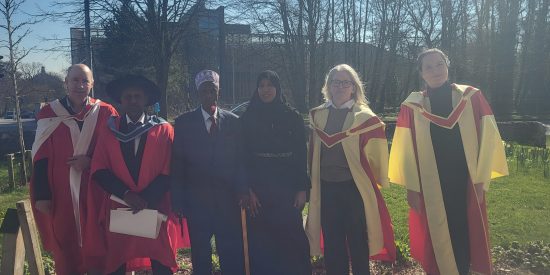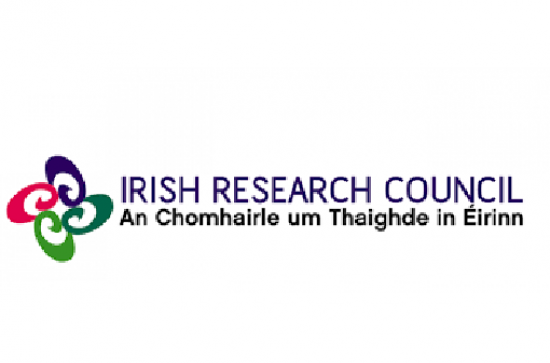
ALL’s Professor Mac MacLachlan, together with Professor Alister Munthali of the Centre for Social Research of the University of Malawi, are delighted to receive an Irish Research Council Collaborative Alliances for Societal Challenges (COALESCE) award in partnership with Irish Aid. The project, APPLICABLE, will focus on Assistive Technology policy, systems and provision to develop a framework for creating effective national policy and specify a system for policy implementation. ALL members Deirdre Desmond and Delia Ferri are also involved, as project advisors.
Congratulating the 26 successful researchers that received funding from a €4.8 million research fund to address key national and global societal issues, Minister John Halligan said: “Quality research is crucial for social development. Innovation 2020, Ireland’s five-year strategy for research and development, emphasises the importance of promoting research on national and global social issues and its contribution to evidence-based public policy and public service delivery’.
APPLICABLE: Assistive Product List Implementation Creating Enablement of inclusive SDGs.
Irish Principal Investigator Malawian Principal Investigator
Prof Mac MacLachlan Prof Alister Munthali
Maynooth University University of Malawi
Research Programme Summary
People with disabilities are among the most marginalised in lower-income contexts; experiencing stigma and barriers to participation and realization of rights. The Sustainable Development Goals (SDGs) call on us to ‘leave no one behind’. Assistive technology is critical for achievement of the SDGs in an inclusive and equitable manner. The World Health Assembly (WHA) 2018 called for countries to develop assistive technology policies and systems, to facilitate improved provision of assistive technology. This project responds to that call by being the first to develop a National Assistive Technology Policy to promote the adoption of the Priority Assistive Product List (APL); which was co-sponsored by the government of Ireland (WHA, 2016). APPLICABLE will also make specific Systems Strengthening recommendations to enable effective implementation of the policy. APPLICABLE will achieve this and promote strong ownership of the research through a process of Action Research Cycles, with officials in the Ministry of Ministry of Gender, Children, Disability and Social Welfare; and other government, private sector, donor and civil society stakeholders; most specially Disabled People’s Organisations (DPOs). APPLICABLE will also evaluate the process and outcomes associated with an existing assistive technology service provider that undertakes to trial the implementation of the draft assistive technology policy. We will use tools, already developed by the research team, to promote inclusion and equity in policy process and policy content. APPLICABLE will identify barriers and facilitators for the development and implementation of policy and systems and it will produce a National Assistive Technology Framework to allow other countries to be guided through the same process. Over three years, and building on existing strong research and policy links; we will also support the development of research and Ministry staff, produce new policy, make implementation recommendations, publish in leading journals, and make presentations at national, regional and global level.
Summary
People with disabilities are among the most deprived and have the least opportunity to be part of everyday life, especially in poorer countries. The Sustainable Development Goals (SDGs) are a set of targets agreed by countries as the direction in which international development efforts should go. To stress the importance of including everybody the SDGs use the slogan ‘leave no one behind’. Assistive technology is critical for achievement of the SDGs in a way that includes everybody. In 2018, the World Health Assembly (WHA), which makes decisions that guide the World Health Organisation and national government around the world, requested countries to develop National Assistive Technology Policies to allow better access to assistive technology. Ireland was one of the countries that has promoted this initiative. This research project works with government and other key people, especially people with disabilities, to help them develop a national assistive technology policy and to identify what changes need to be made to the existing situation, to allow the policy to be effectively implemented. Part of the research involves learning form the experience of an existing assistive technology service provider which undertakes to trial the implementation of the draft assistive technology policy. We will also assess the degree to which a diversity of people – including those groups often left out of policy processes – are included in the process and evaluation of the new policy and its implementation. The project also will identify barriers and facilitators that may help other countries undertaken the same process. Over three years, and building on existing strong research and policy links; we will support the development of research and Ministry staff, produce new policy, make implementation recommendations, publish in leading journals, and make presentations at national, regional and global level.
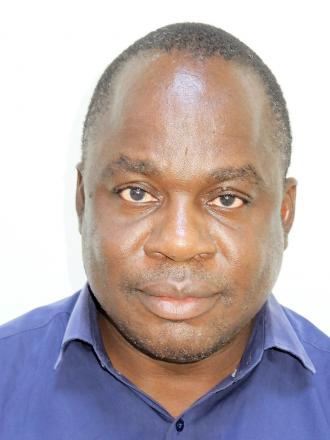

Prof.'s Alister Munthali of the Centre for Social Research of the University of Malawi and Mac MacLachlan of the ALL Institute, Maynooth University
